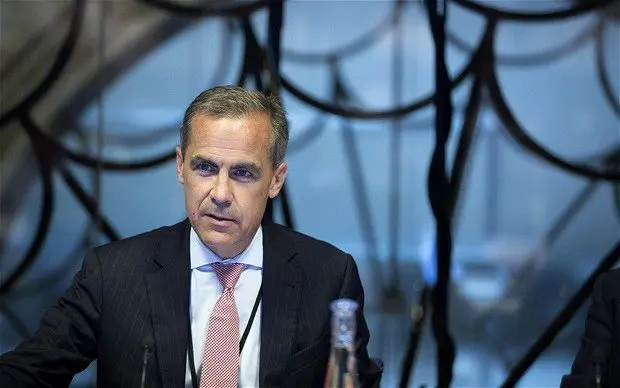Corporate Britain is, financially, generally in good health. However, there is some significant polarisation. In general, medium sized enterprises have been hoarding cash during the recession. This is due to a combination of fear of investing in an uncertain economic climate, prudence and concern over the availability of credit from the big four clearing banks i.e. support won’t be forthcoming if cash runs out.
For small businesses and micro enterprises, the situation has been much more stark. While a large number of these have also retained cash in the business, there is a significant number who have required credit but been rejected by their bank.
This has seen them turn to challenger banks like Shawbrook, peer to peer lenders and other alternative forms of finance. Some of these financial lifelines come with an expensive price tag; I know many smaller businesses will welcome the Financial Conduct Authority’s recent announcement that it will take over the regulation of the consumer credit industry from the Office of Fair Trading in April of next year, and hope this will reduce the cost of finance.
Confidence in the economy is gradually returning and the question I am asked most by SMEs with cash in their business is “When will rates rise?”
I believe we’ve reached the bottom of the market and certain products have hit natural floors. The bad news is that, while there is lots of competition amongst providers, this is at and around current pricing levels. I don’t expect rates to move significantly from here however there is hope for savers in 2014.
Over the past three years savings rates have not moved in any correlation with base rate or LIBOR and I expect this trend to continue. Savings rates will move in line with demand from providers for cash and this is still largely dictated by the big four banks that control a significant percentage of balances. These banks have spent the last few years trying to rebuild their balance sheets and paying off customers for miss-selling products such as PPI and SWAPS on small business loans.
They have been internally-focused on these issues and have been either completely closed to lending to customers or very restricted. I expect the situation to improve after the big four report their annual results in February and March. I predict that many of them will report that they have made progress in resolving their problems and the impacts on their business and they will look to rebuild their lending books. I expect that any increase in savings rates for SMEs to fund this will be modest and that we will see a gentle increase in rates through 2014 – probably in the region of 50–75bps during the course of the year.
I predict we will also see more positive economic data and a rise in house prices from Q4 in 2013 into 2014 and this will put pressure on the Bank of England to raise base rates. However, when base does rise, businesses shouldn’t expect the big banks to reflect the increase in their savings rates; I expect the lack of correlation with base rate/LIBOR and savings rates to continue for the short to medium term.
The difficult economic climate has seen a number of new ‘challenger banks’, like Shawbrook Bank, enter the savings and lending markets to fill the gaps being neglected by the bigger high street banks. At a time when the big banks are often paying just 0.1% for deposits, businesses are looking at different options to get a decent return. Notice accounts and fixed rate accounts are increasingly popular for businesses that are retaining cash within their business.
Some businesses get paid a proportion of their fees up front when delivering projects and need a safe haven for their cash. Alchemy Events is one such business and the company has a business savings account with Shawbrook.
Claire Morton, founder and Managing Director of Alchemy Events, said: “I saw that any money we got in from clients needed to work as hard as possible to give us a buffer of income, in terms of interest, that we could add to our bottom line so that we could remain competitive, price-wise, for our clients. It was also very important that we protected our clients’ money and so we spread deposits across different banks.”


